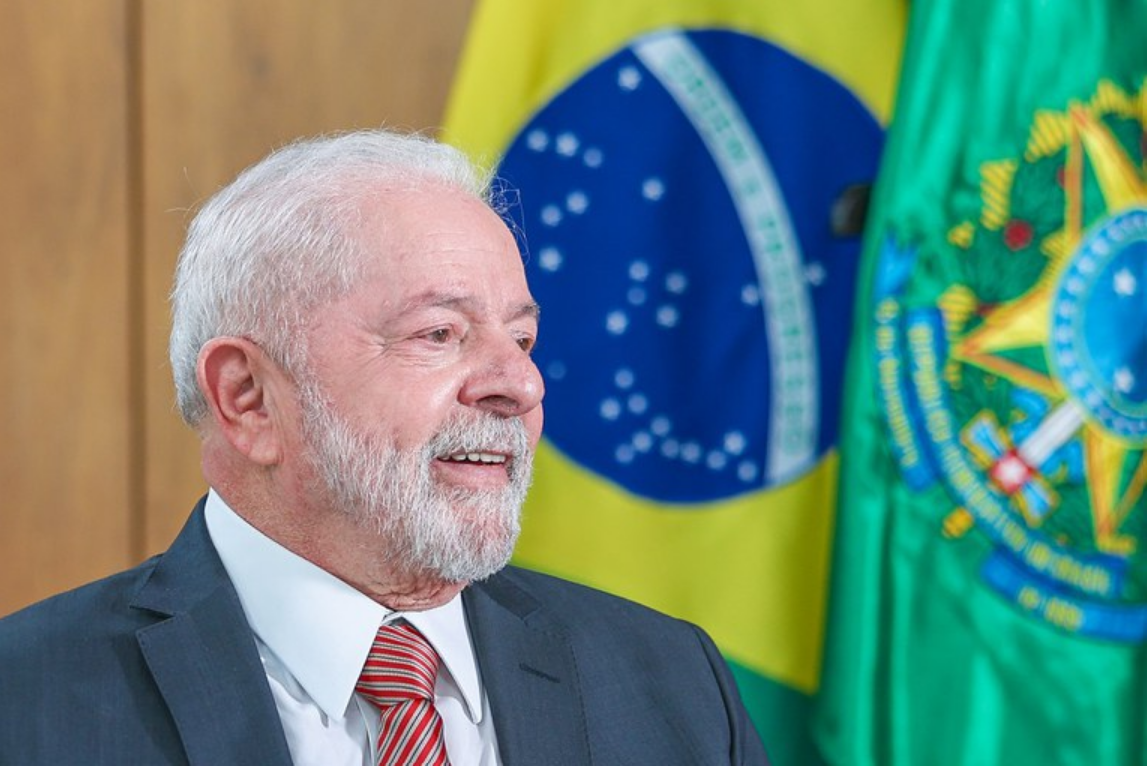
Today (March 27), Brazilian President Luiz Inácio Lula da Silva begins his state visit to Vietnam at the invitation of President Luong Cuong. This marks the first state visit by a foreign leader to Vietnam in 2025 and the second visit by President Lula da Silva in his capacity as the head of Brazil, following his first visit in 2008.
Brazilian Ambassador to Vietnam Marco Farani shared his insights with the Vietnamese media about the visit and bilateral relations, emphasizing that the visit reflects the political will and the significance of bilateral ties, reaffirming Vietnam's position as a reliable partner of Brazil.
Accompanying President Lula da Silva is a high-ranking political delegation, including leaders from both houses of the Brazilian Congress, as well as business representatives from key industries such as agriculture and manufacturing.
In 2024, Vietnam and Brazil celebrated 35 years of diplomatic relations and upgraded their relationship to a Strategic Partnership during Prime Minister Pham Minh Chinh’s visit to Brazil in November 2024. Ambassador Farani highlighted this as a major milestone in bilateral cooperation.
The two countries have agreed to develop their Strategic Partnership based on five core pillars: political-security cooperation; economic, trade, and investment collaboration; science, technology, and innovation partnerships; climate change and environmental cooperation; and cultural and people-to-people exchanges.
Ambassador Farani emphasized that a key factor in strengthening the ties between the two nations is their shared values of peace and regional and global stability. These values serve as the foundation for economic and trade cooperation as well as enhanced political relations.
Brazil is Vietnam’s largest trading partner in Latin America, with bilateral trade reaching nearly USD 8 billion last year. Both governments aim to increase this figure to USD 15 billion by 2030.
The ambassador noted that both economies are highly dynamic: Brazil has maintained sustainable economic growth, while Vietnam continues to demonstrate robust economic expansion. Both nations are committed to sustainable development and innovation, leveraging their respective strengths to create substantial opportunities for expanded cooperation in the future.
According to Ambassador Farani, Vietnam exemplifies dynamism and commitment to stability, consistently striving to meet economic growth targets. He commended Vietnam's progress in key areas such as infrastructure connectivity, innovation, and social welfare, underscoring the country's proactive approach to modernization.
Internationally, Vietnam has been enhancing its role and position through significant contributions, particularly within ASEAN, where it stands out as one of the most dynamic economies. In addition, Vietnam has shown adaptive and pragmatic responses to the evolving global landscape, maintaining optimism amid challenges.
Vietnam is increasingly seen as a major production hub, fostering human resource training to boost competitiveness and meeting new demands for technological innovation. The country has emerged as a prominent player in semiconductor manufacturing and is gradually integrating digital solutions into everyday life while forging strategic partnerships in high-tech industries.
Openness and integration policies have enabled Vietnam to seize opportunities in global trade, diversify its economy, and maintain stable commercial flows.
The ambassador praised Vietnam’s active international engagement, noting its constructive dialogue with major powers and responsible participation in multilateral forums. Over the past two years, Prime Minister Pham Minh Chinh has visited Brazil twice and attended the G20 Summit, while Vietnam also took part in the BRICS Summit in Kazan, reflecting its commitment to multilateral cooperation mechanisms.
Ambassador Farani affirmed that Vietnam continues to pursue a balanced and sustainable cooperation strategy with its international partners. He sees Vietnam entering a "new era" marked by prosperity, innovation, and deeper integration, with clear progress in social welfare.
Tran Thuong